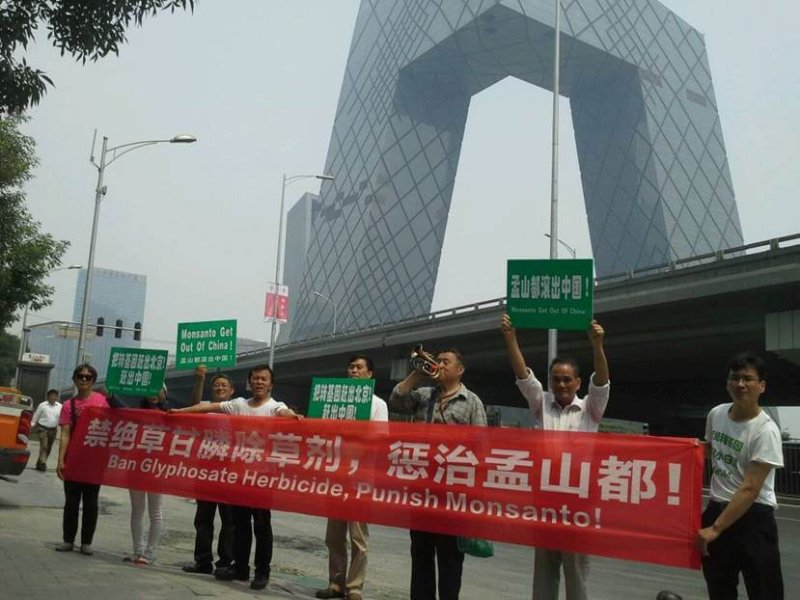[Editor’s note: Mark Lynas is an author and journalist who reports on crop biotechnology around the world.]
Sometimes I hear scientists in the West — especially those who have had their lives made difficult by anti-GMO activists — say they wish things were as straightforward as they are in China, where political dissent is not tolerated and science-based development can supposedly proceed unhindered.
I tell them to be careful what they wish for. The situation in China is far from simple. In fact it is as complicated, if not more, than anywhere in the world. China may not have much in the way of freedom of expression, but that does not mean that all public debate is curtailed. Indeed, the GMO debate in China has been as fractious and polarizing as anywhere.
China’s current policies on genetically modified crops make as little sense as those in Europe and India. Like India, China grows millions of acres of Bt cotton. As in India, too, farmers have benefitted via reductions in pesticides, and studies have shown increases in insect biodiversity as wildlife bounces back.
China also allows virus-resistant papaya and Bt poplar trees — but that’s it. Other than these three crops, no cultivation of GMOs has been permitted. But like Europe, China is utterly dependent on imports of bulk commodities like soya, of which the vast majority are genetically modified. So like Europe, there is the hypocrisy of importing millions of tons of food from abroad that farmers at home are forbidden from growing.
The GLP aggregated and excerpted this blog/article to reflect the diversity of news, opinion, and analysis. Read full, original post: Shadows and mirrors: GMOs in China































